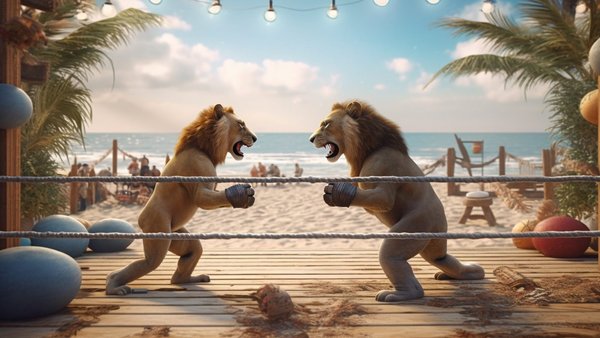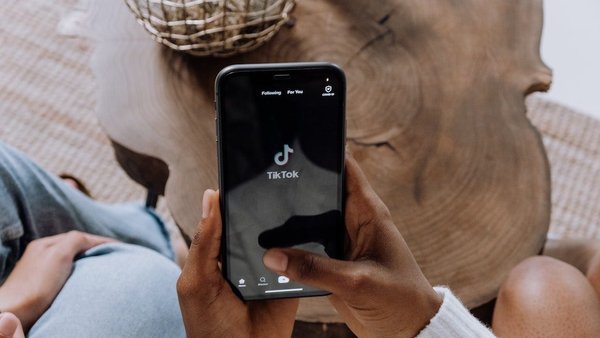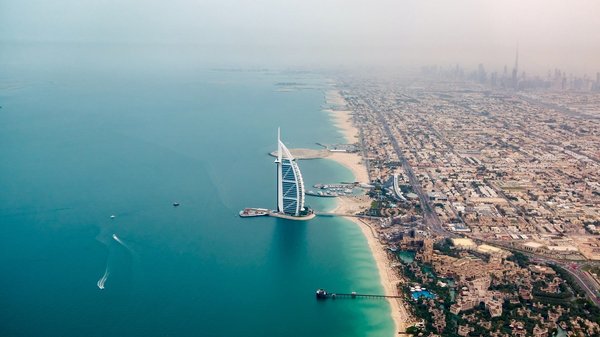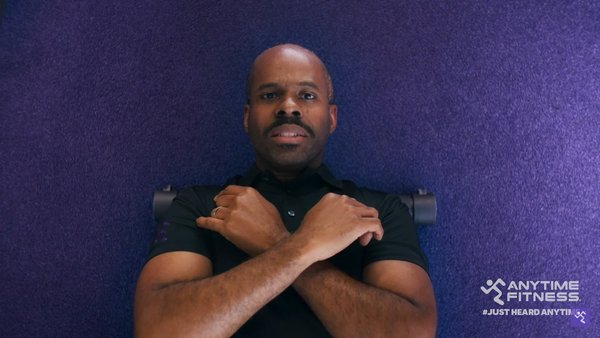The Most Contagious Campaigns of 2021: part 4 /
Contagious Team
/Every year the Contagious team reviews thousands of campaigns in search of the best examples of commercial creativity from around the world. This list represents the best of the best – the 25 most innovative, effective and attention-grabbing campaigns that we encountered in 2021.
Frida Mom / Fourth trimester / Mekanism, New York /
The truth will set you free… and in the case of Frida Mom, it’ll also help launch a range of breast care products. The brand’s ad takes a leaf out of the Bodyform playbook of Telling It Like It Is, but breaks new ground in its particular category by focusing on mothers and the realities of the postnatal experience – unabashedly showing breasts and breast feeding in the process. Raw, real and funny, the film stands out in a saturated category while reminding mothers that their care and happiness is of the utmost importance.
A previous Frida ad had been rejected from airing during the Academy Awards in 2020 for being too explicit, so Fourth Trimester’s premiere during the Golden Globes also ensured it made the biggest splash possible. Speaking to Contagious, Mekanism’s ECD, Laura Wimer, noted: ‘If someone were to name this era of work, it would probably be called the cut-the-shit era of advertising. I don’t want to see someone happy, frolicking through a field, all we want is connection.’
Ikea / The Trash Collection / Try, Oslo /
When Oslo agency Try received a brief for a sustainability campaign for Ikea, it had to address the elephant in the room. ‘Ikea is seen as a disposable furniture maker,’ Caroline Riis, senior creative at the agency, told us. Rather than shy away from this perception, the agency tackled it head-on with the Ikea Trash Collection: an ad campaign featuring pieces of Ikea furniture found in rubbish piles strewn across Norway.
Designed to show people that Ikea furniture is durable and worth repairing, the campaign acknowledges Ikea’s role in the problem of furniture waste and draws attention to its buy-back and refurbishment schemes. ‘I think a lot of people were surprised that Ikea dared to show their products in this way,’ says Riis. ‘But I’m yet to find a negative comment. Norwegians like it real – they don’t like the glossy, polished, American ads.’
Learn more about this campaign at Most Contagious.
Financial Times / Letters to this New World / The Brooklyn Brothers, London /
The Financial Times (FT) is a perfect example of why you shouldn’t judge a book (or a newspaper) by its cover. In September, the paper launched a global campaign showcasing the breadth and rigour of its journalism, with Letters to this New World. Created with The Brooklyn Brothers, London, the campaign centred on a series of open letters penned by FT journalists such as Martin Wolf and Pilita Clark, which look to the past and the future, and address the biggest issues we face as a society as we emerge from the Covid-19 pandemic.
The campaign is the latest phase of The New Agenda campaign, which launched two years ago with a call for a reset of capitalism. ‘The pandemic has given everyone pause to reflect on what matters in life and how we could organise ourselves differently in future,’ said Finola McDonnell, chief communications and marketing officer at the FT. ‘We are at an inflection point, and the FT is positioned to encourage and lead debate about what comes next.’
Learn more about this campaign at Most Contagious.
Dutch Mill / Sponsor of Mom-and-Pop Shops / Wunderman Thompson, Thailand /
Thai dairy brand Dutch Mill is a challenger that doesn’t have the big advertising budget of multinational competitors like Nestlé. So, to drive sales of its milk drinks it needed to do something unconventional and cost-effective. Dutch Mill’s solution was to invite mom and pop stores to create their own ads for the drinks and a local snack to go with them. The brand then used geo-targeting to promote the ads in the vicinity of the shops.
The campaign helped drive footfall into local stores and supported these small businesses as they struggled to stay afloat during the pandemic. According to Wunderman Thompson Thailand, which came up with the idea, the campaign saw average sales for these family-run neighbourhood stores increase by 20%, while sales for Dutch Mill’s products soared by 200%.
The Royal Canadian Legion / The Immortal Poppy / Wunderman Thompson Toronto /
It is still not clear if NFTs (non-fungible tokens) are the future or a fad, nonetheless The Royal Canadian Legion found a useful application for the blockchain-backed technology. To mark the centennial anniversary of the Remembrance Poppy on 11 November, the non-profit organisation unveiled a digital artwork of a poppy and a war memorial encrypted with the names of all 118,000 fallen WW1 Canadian soldiers. The artwork was created by 3D-scanning real poppies plucked from the Belgian fields that inspired John McCrae’s poem In Flanders Fields.
The poppies were sold in the form of 100 limited-edition NFTs on online marketplace OpenSea for 0.1111 ETH (a cryptocurrency worth $500) and all proceeds went towards the Royal Canadian Legion. Should the poppy be re-sold, 10% of that sale will also go towards the non-profit (as the creator of the NFT). Better yet, the organisation had netted $16,000 by 5 November.
Most Contagious 2021: Get Your Passes /
Want to learn more about world-class commercial creativity? At our virtual Most Contagious events, we distil a year’s worth of advertising trends, topics and campaigns into a week of meticulously curated talks to help you steal a march on your competition.
Join us at Most Contagious UK & Europe between 29 Nov–3 Dec, or for Most Contagious USA between 6–10 Dec.
Want more of the same? /
We don’t just write about best-in-class campaigns, interviews and trends. Our Members also receive access to briefings, online training, webinars, live events and much more.







